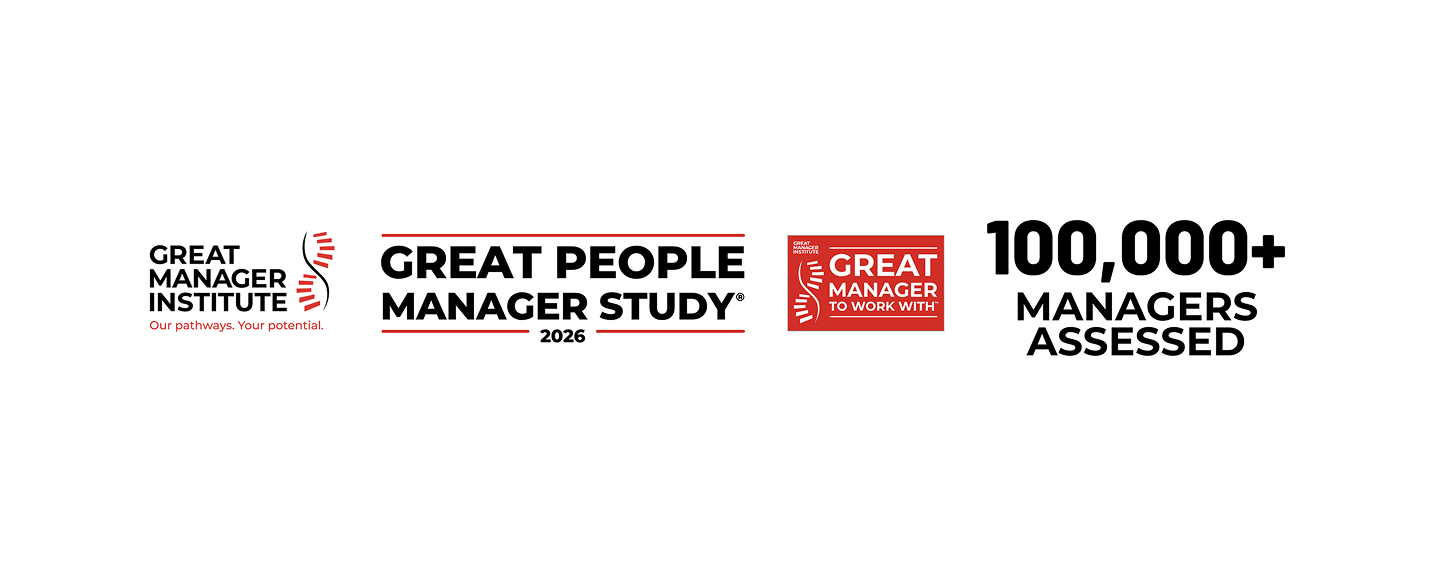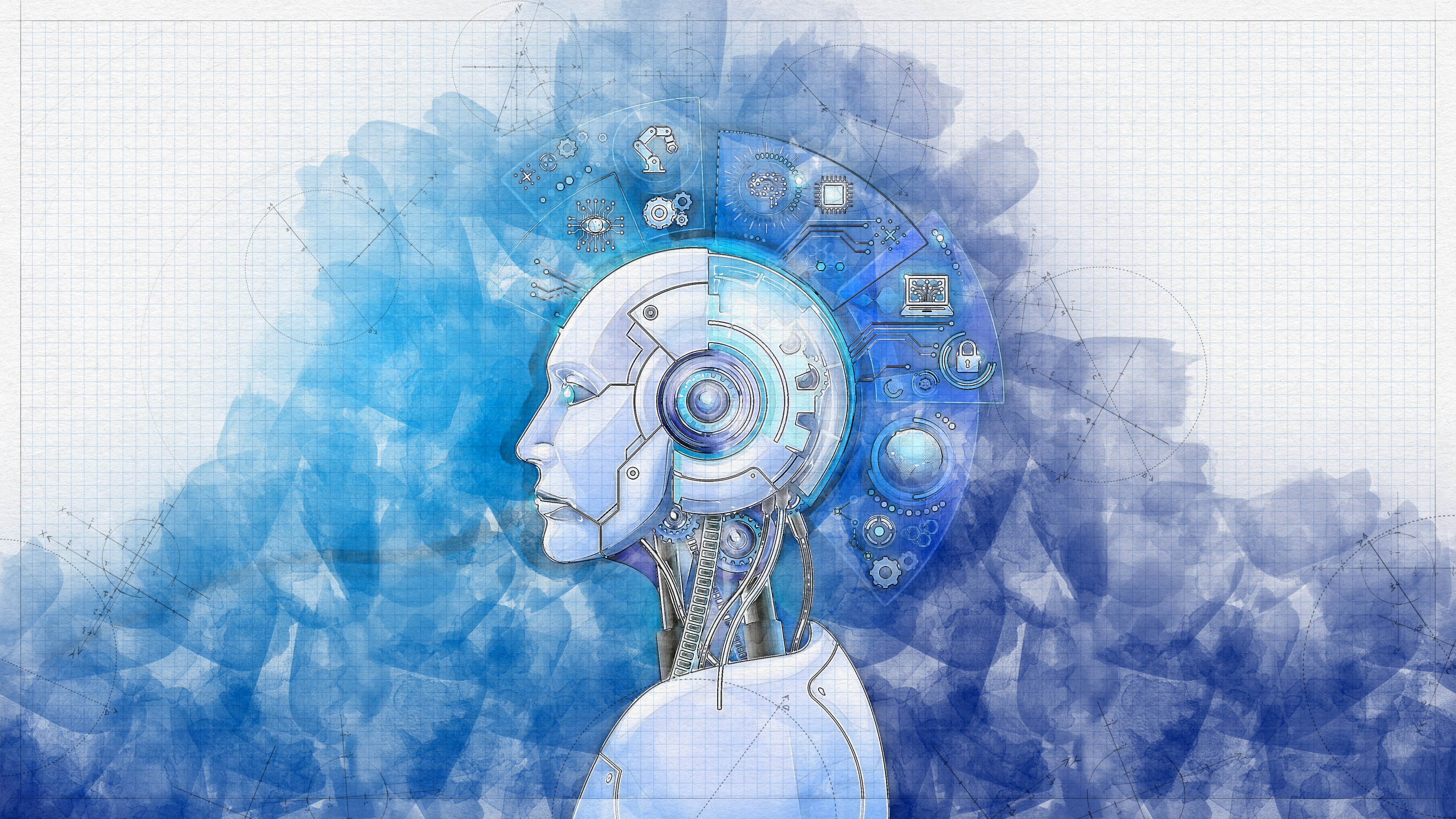In the rapidly evolving business landscape, where time is a precious commodity and tangible outcomes drive sustainable growth, organizations are increasingly focusing on enhancing productivity through process efficiencies and employee performance. This era of hyper-personalization demands that companies not only tailor their customer engagement strategies but also adopt a customized, employee-centric leadership approach.
The role of a manager is critical in ensuring that employees experience this hyper-personalized approach, making leadership and people practices pivotal for organizational success. By integrating cognitive neuroscience, machine learning & artificial intelligence, and design thinking, we can embark on a transformational journey to improve managerial effectiveness.
Cognitive Neuroscience
In today’s challenging economic climate, organizations frequently undertake change management programs to stay afloat. However, with a failure rate of 70%, it’s clear that traditional strategies often fall short. Cognitive neuroscience offers insights into the biological reasons behind this resistance to change. Change is perceived by the brain as a painful experience, akin to physical injury. This is because our brains are wired to follow established patterns to save energy and reduce uncertainty.
The traditional approach to change management, often reliant on incentives or threats, does not address the biological responses to change. A more effective strategy involves helping individuals understand and embrace change voluntarily, recognizing that people respond differently based on their levels of arousal and capacity for focus.
Machine Learning & Artificial Intelligence
As the understanding of neuroscience grows, its applications in artificial intelligence for workforce management and HR planning become more evident. AI enhances the accuracy of targeting the right customers and improving conversion rates through data analytics. Similarly, in leadership development, the authenticity and reliability of feedback and historical data play a crucial role. The challenge lies in personalizing development strategies to meet individual needs reliably.
Design Thinking
The redirection of organizational energy toward positive outcomes is essential. Leaders should focus on fostering a sense of purpose and co-creation to motivate and engage teams. By integrating data analytics from ML & AI with decision science, we can achieve a balance of empathy and efficiency. Design thinking ensures that projects not only meet business objectives but also align with user needs and sensibilities.
Introducing Great Manager Institute®: A Unified Value Proposition
Great Manager Institute® (GMI) represents a pioneering value proposition that interweaves cognitive neuroscience, ML & AI, and design thinking in the realm of people development. This approach promises to revolutionize leadership by providing a framework for understanding and leveraging the unique dynamics of human behavior, technological potential, and innovative problem-solving strategies.
Through GMI, we aim to create a seamless integration of these disciplines, ensuring that leadership development is not only personalized but also deeply rooted in an understanding of human cognition, enhanced by the precision of artificial intelligence, and guided by the principles of design thinking. This holistic approach paves the way for cultivating leaders who are equipped to navigate the complexities of the modern business environment, driving their teams toward excellence with empathy, insight, and innovation.









